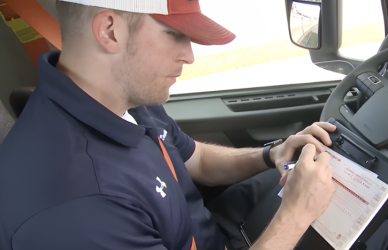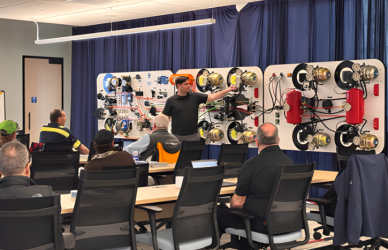Transitioning to electric trucks is no small feat for fleet operators. During a recent session at the American Trucking Associations’ 2024 Midyear Management Session, experts discussed the significant financial and operational challenges, exacerbated by stringent regulatory requirements.
Robert Sanchez, CEO of Ryder System Inc., highlighted the critical need for efficiency and cost-effectiveness in adopting electric vehicles (EVs). Ryder recently published a study on the financial implications of converting to electric trucks, which revealed that costs could increase significantly compared to diesel, with a mixed fleet potentially facing a cost hike of up to 67%. Additionally, drivers face substantial downtime due to charging requirements. Sanchez emphasized the need for industry-wide efforts to develop practical solutions.
Adding to the pressure are tightening regulatory standards. Jacqueline Gelb, ATA’s vice president of energy and environmental affairs, noted the unprecedented regulatory landscape. Jim Mullen, executive director of the Clean Freight Coalition, pointed out that the industry would need to invest $1 trillion to transition to battery-electric technology. Despite these challenges, the desire to transition remains strong, but financial implications and regulatory deadlines add to the urgency.
Former ATA Chairman Randy Guillot expressed concerns about regulatory stability amid political changes, with a presidential election looming. Gelb and Sanchez echoed these sentiments, acknowledging that administrative changes could affect regulatory approaches.
However, with industry-wide collaboration and innovation, a more sustainable and efficient future in trucking remains within reach.
Source: Transport Topics











